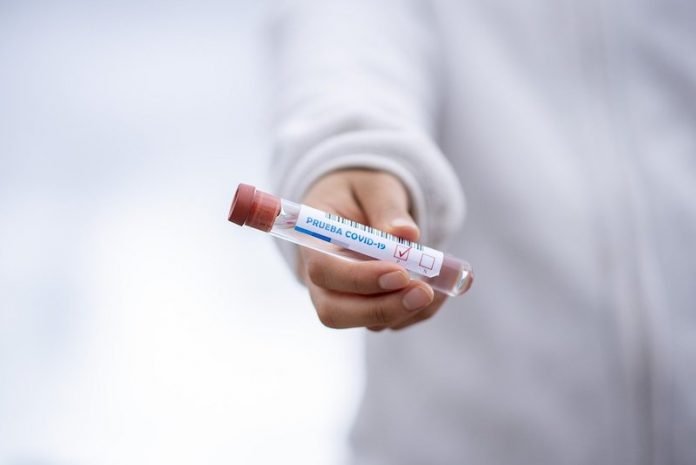
In several new studies, researchers found that a new anti-viral drug has had positive results in laboratory tests against COVID-19.
They drug is developed by Pneumagen, a University of St Andrews spin-out company.
These studies aim to prevent coronavirus infections, including SARS-CoV-2 infection, the cause of COVID-19, using Neumifil and other first-in-class multivalent Carbohydrate-Binding Modules (mCBMs).
The studies involved both treating infection and blocking new infections.
The team has tested the activity of its mCBMs against coronaviruses, using plaque reduction assays.
They found mCBMs could reduce the number of SARS-CoV-2 plaques when the mCBMs were used in both the prevention and treatment of infection.
Pneumagen now wants to begin clinical testing for the prevention and treatment of COVID-19.
The team says the positive results from in vitro studies of our mCBMs against coronaviruses show that glycan-binding has the potential to prevent and treat infections.
This further supports the value of the universal therapeutic modality to block access to lung cells of SARS-CoV-2, as well as other viruses, that cause respiratory tract infections, providing the potential for a pan-viral respiratory product.
Pneumagen’s work on COVID-19 builds on the company’s work with a different clinically relevant coronavirus that can cause the common cold where a plaque reduction assay also demonstrated antiviral activity for mCBMs.
Pneumagen’s lead mCBM, Neumifil is already being developed for the universal treatment of respiratory tract infections (RTIs) including Influenza Virus (IFV) and Respiratory Syncytial Virus (RSV), and now coronaviruses.
Copyright © 2020 Knowridge Science Report. All rights reserved.



